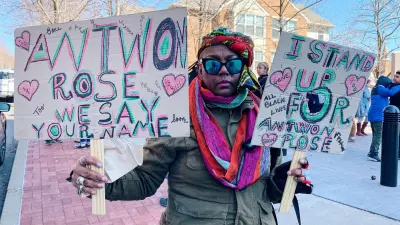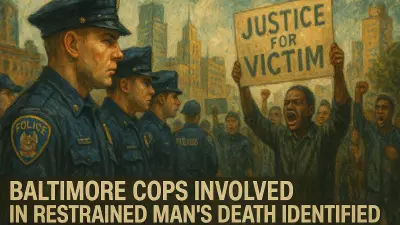“Postindustrial America” is a descriptor we coined at Postindustrial to best describe the region we cover, namely the Rust Belt and Appalachia.

Postindustrial America is Pennsylvania, Ohio, West Virginia, Michigan, Wisconsin, Illinois, Indiana, Tennessee and parts of New York and North Carolina. Though this region is diverse in its people and culture, it also shares much in common: rapidly evolving economic conditions, an influx of new people and ideas and a sense of uncertainty in these constantly changing times.
We’ve done our best at Postindustrial over the last year to chronicle these and other important issues facing you, our loyal and appreciated readers and citizens of Postindustrial America.
As we close on our first full year of publishing, we thank you for your support and encouragement and wish you a pleasant and prosperous New Year.
But before the ball drops we’d like to take look back on 2019. The following selection of curated images featured in our newsletters and magazine captures just some of the people and places through stories we told about Postindustrial America.
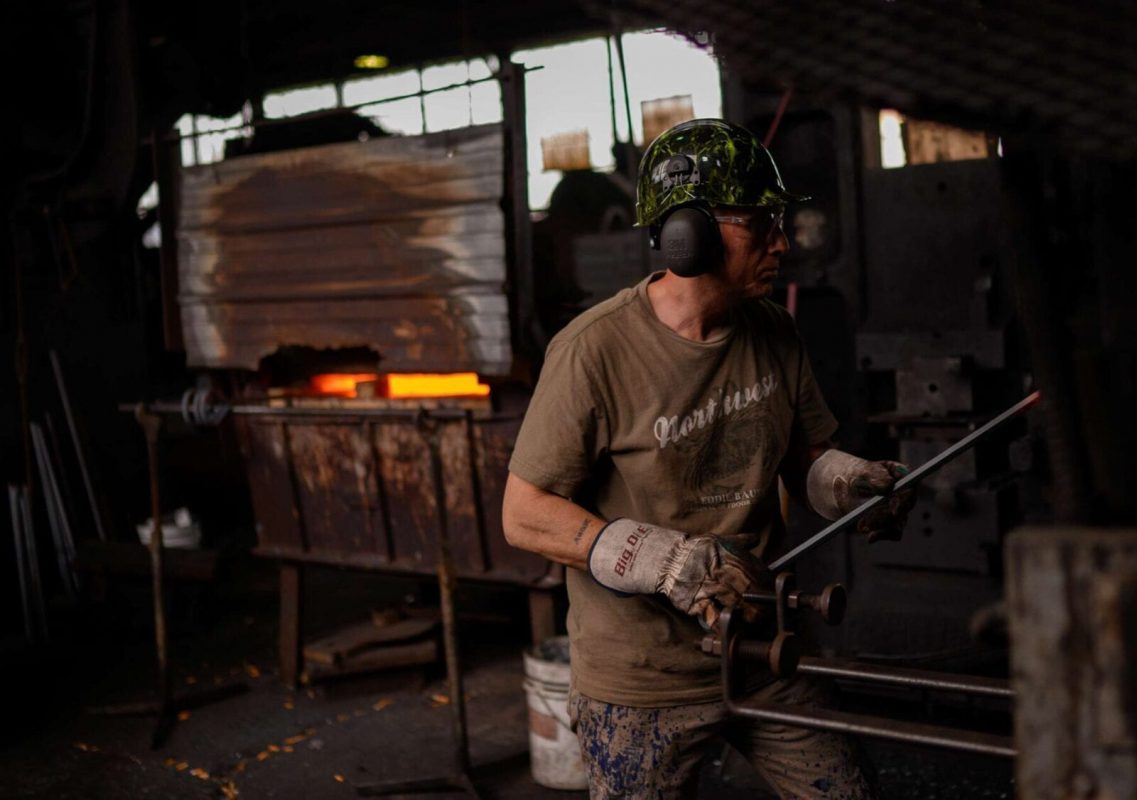
Not so rusty
In Wheeling, W. Va., workers at Warwood Tool make about 60,000 hammers, pickaxes, crowbars, and other industrial tools per year using forges, and a small, skilled workforce. Warwood illustrates what it takes to operate as a small manufacturer and “illustrates the impact of the Trump tariffs, automation, and America’s changing industrial geography.”
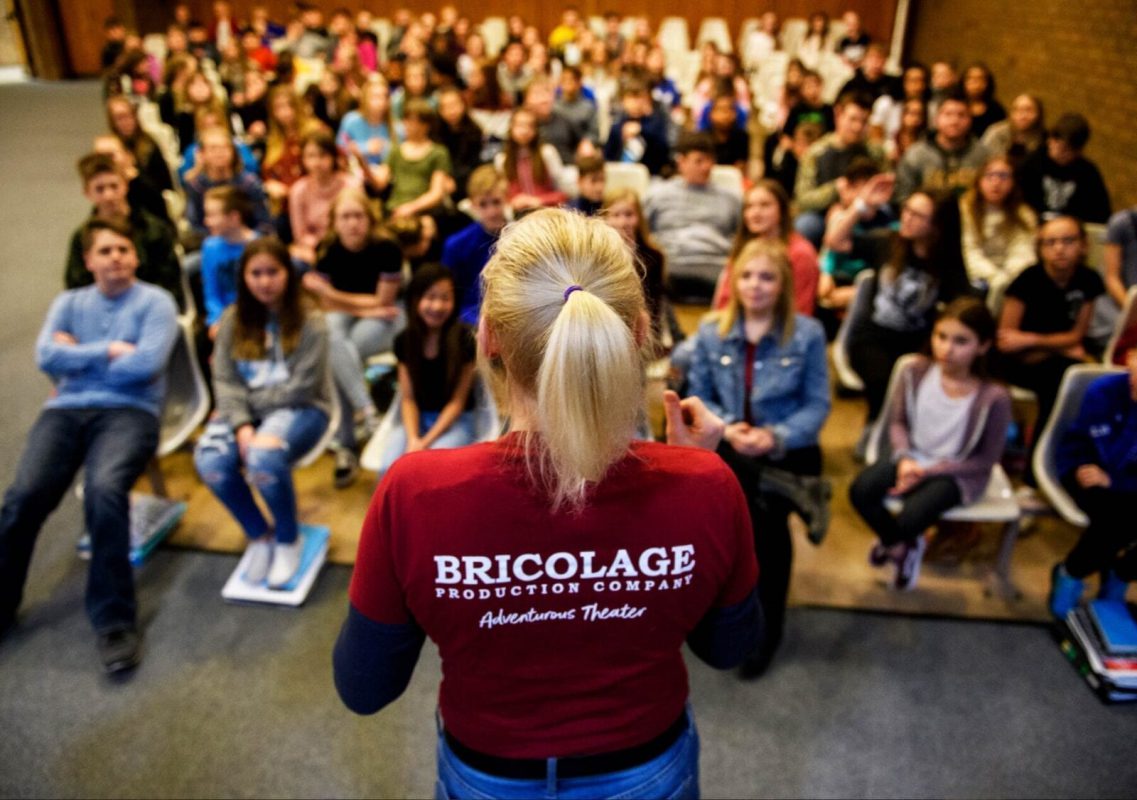
The arts show us who people are
Pittsburgh’s Bricolage brings the arts to rural schools through radio-play residencies.
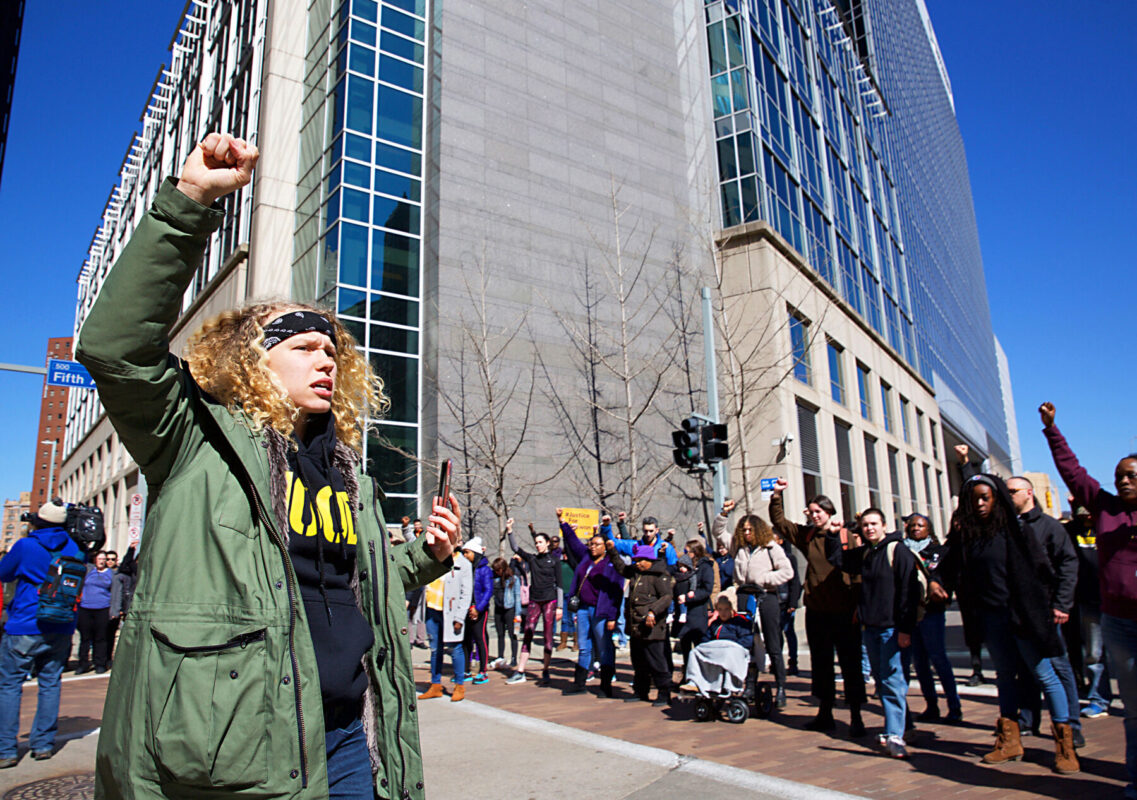
The unconvicted
In a community just outside of Pittsburgh, a jury’s decision to find a police officer not guilty in the shooting death of a black teenager during a traffic stop set off protests across the city in March.
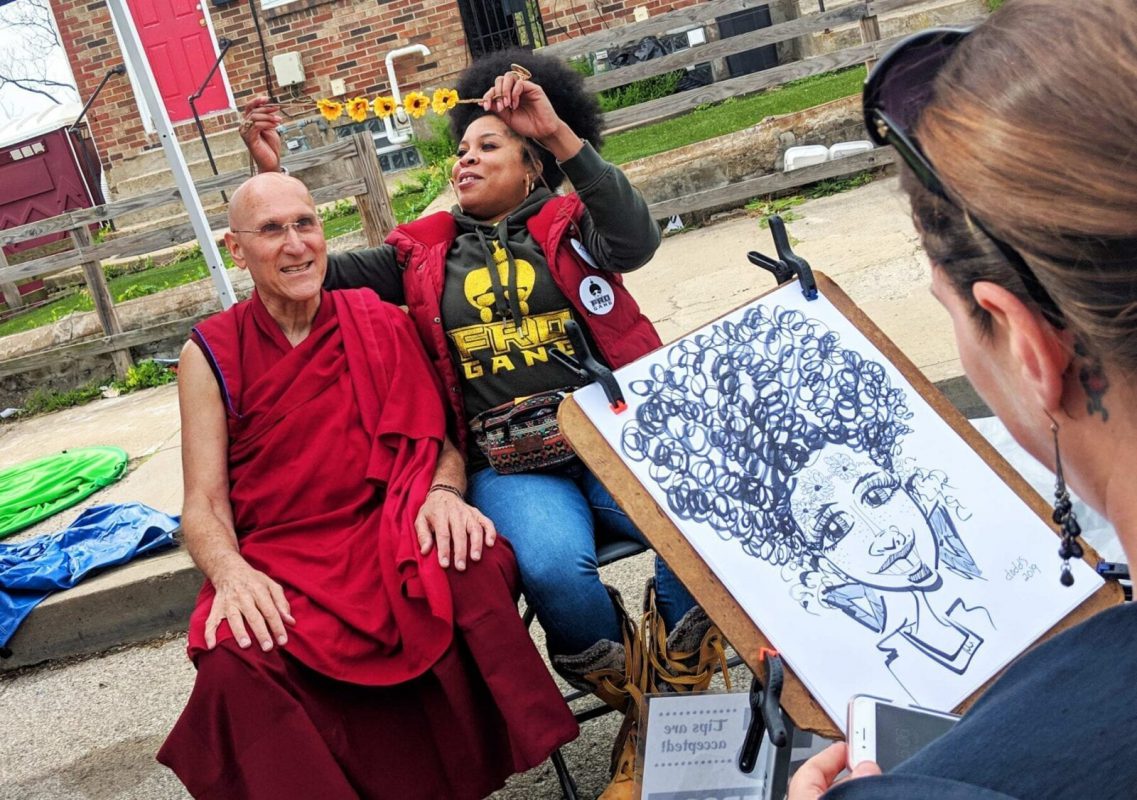
The Dalai Lama’s doctor has a message for Pittsburgh
When Dr. Barry Kerzin speaks, people listen. And he has a special connection to Pittsburgh.
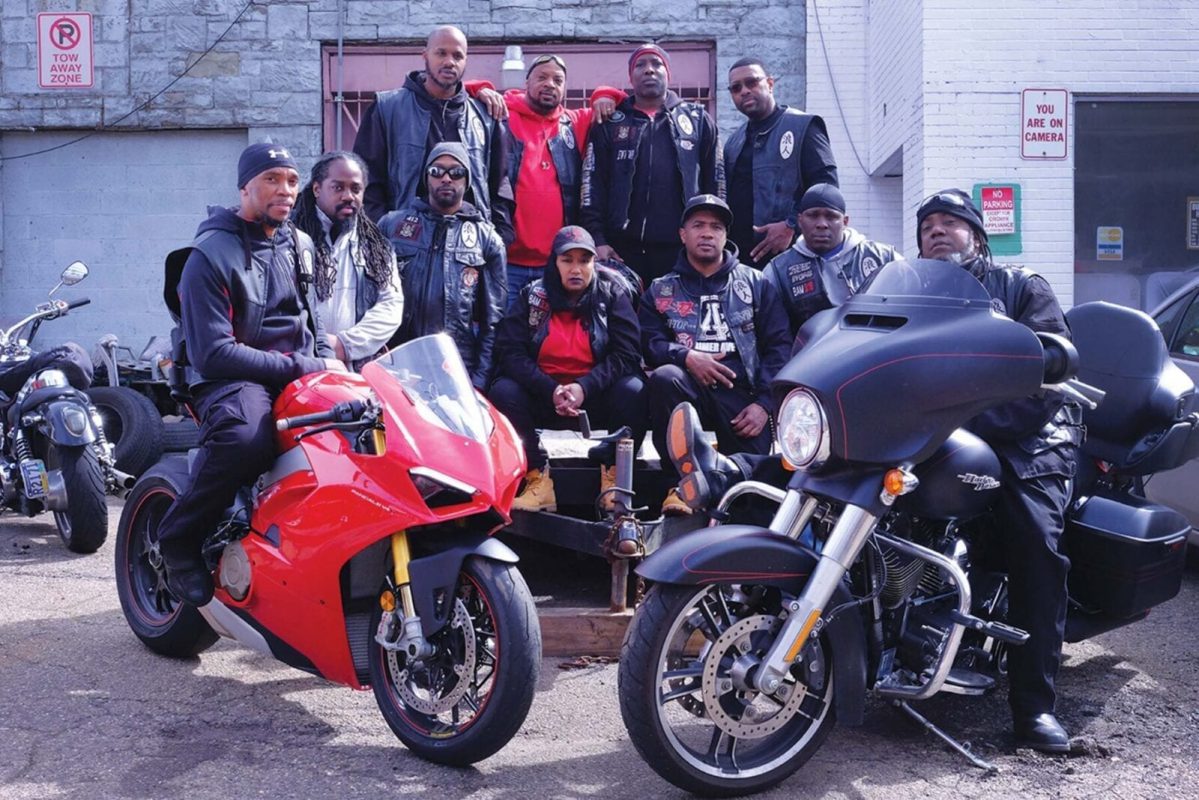
Ronin of Homewood
A small group bikers in the Pittsburgh neighborhood of Homewood love the thrill of long-distance rides and supporting charitable causes.

Global Connections
In Pittsburgh, the Afro Yaqui Music Collective has been described as “music without borders.”

Where tobacco is king
In rural Kentucky, tobacco has been a main economic driver for generations.

A Kurdish homeland in Tennessee
Nashville is home to the largest Kurdish community in the U.S. An estimated 15,000 Kurds, an ethnic group whose population lives in Iraq, Iran, Turkey, and Syria, settled there. They have been persecuted for decades in their homeland, leading thousands to flee.
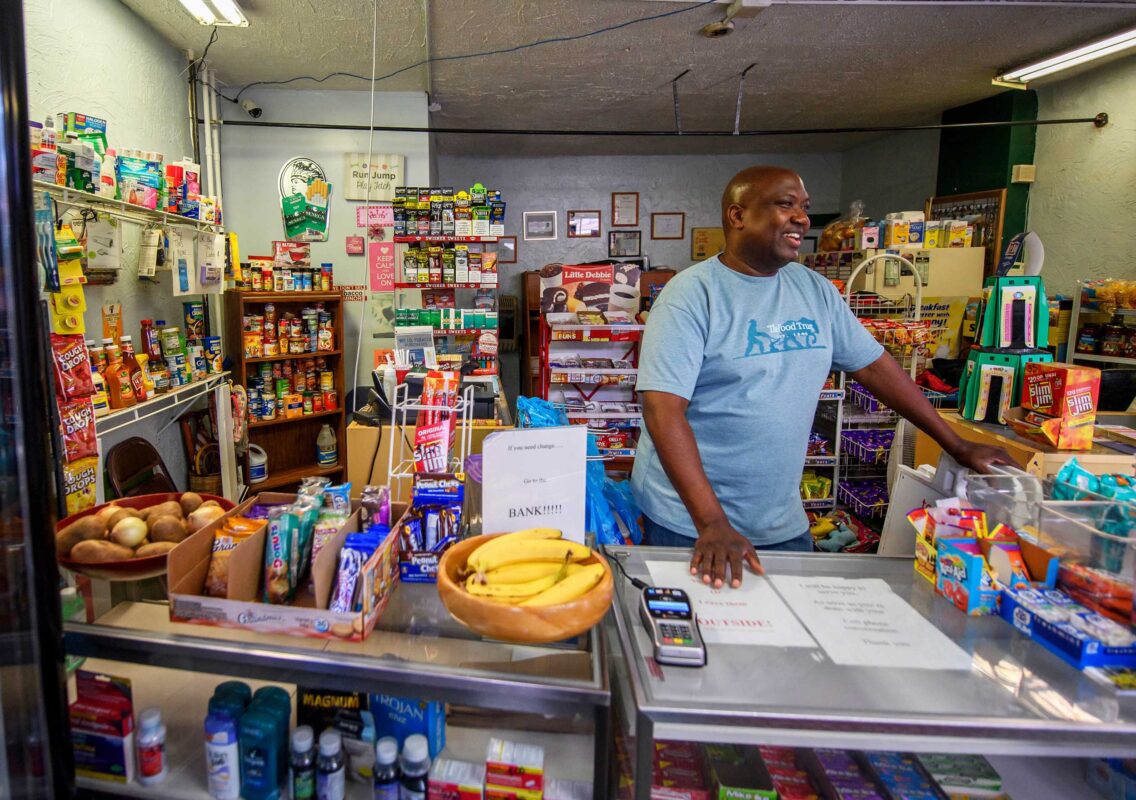
Produce for all
Nonprofits are stepping in throughout Postindustrial America to make produce more widely accessible to people who may not have ready access to a grocery store, or the means to shop in one.
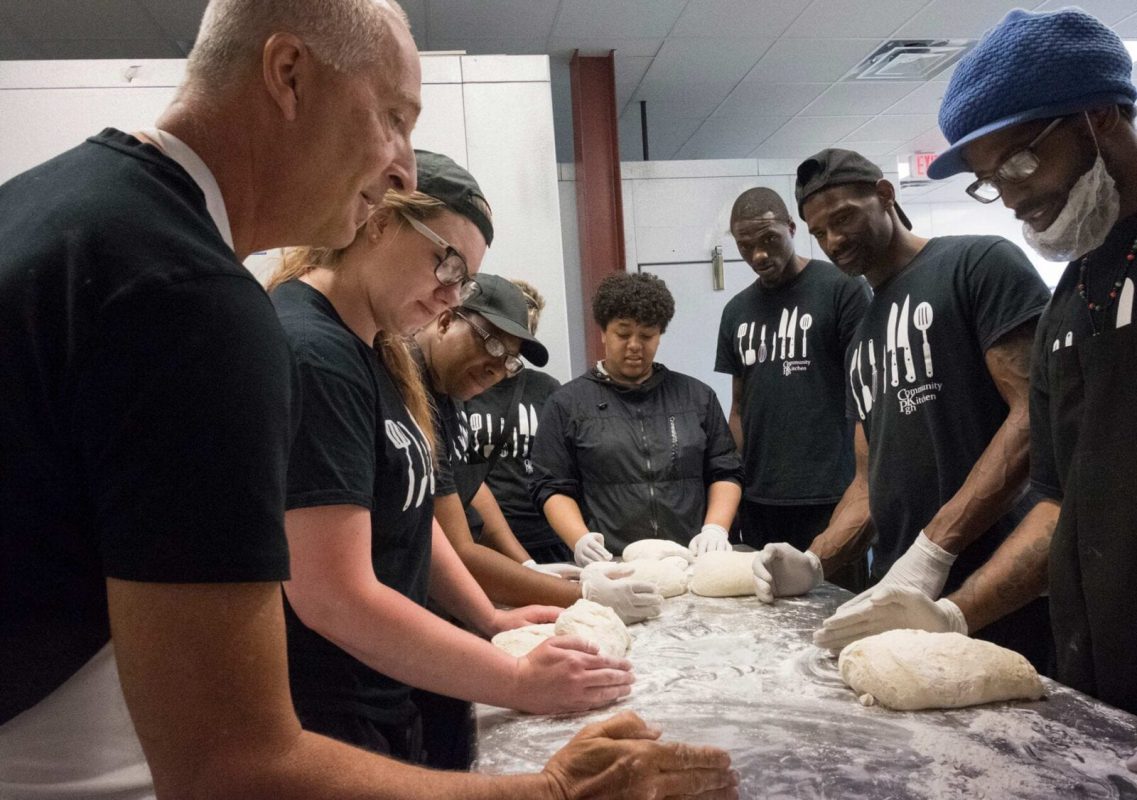
Out of the frying pan, into the fire
In Pittsburgh, Community Kitchen is changing lives through a training program.

